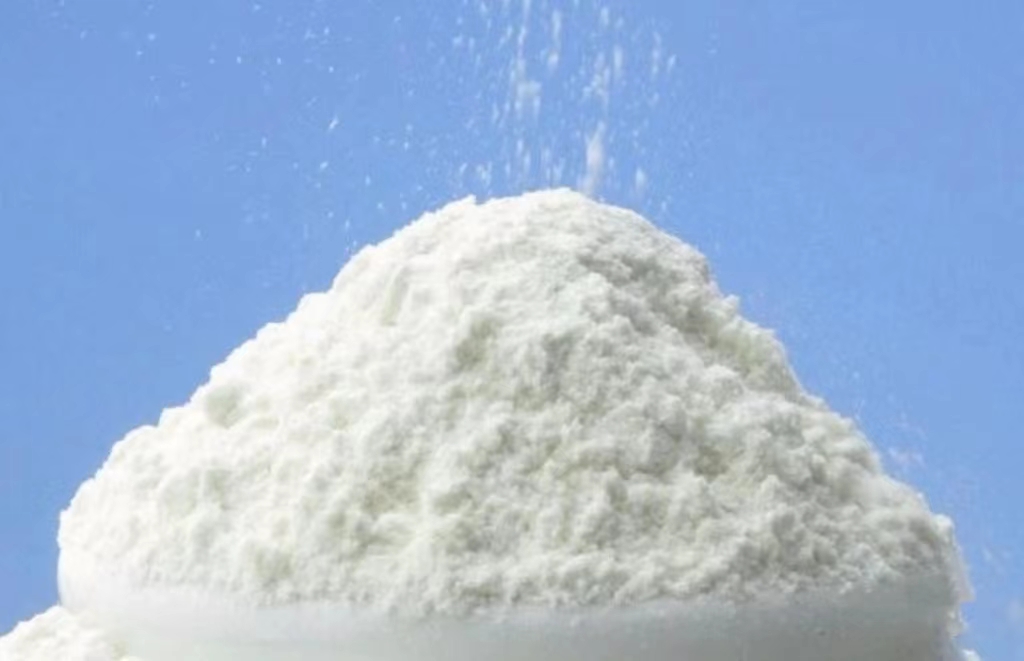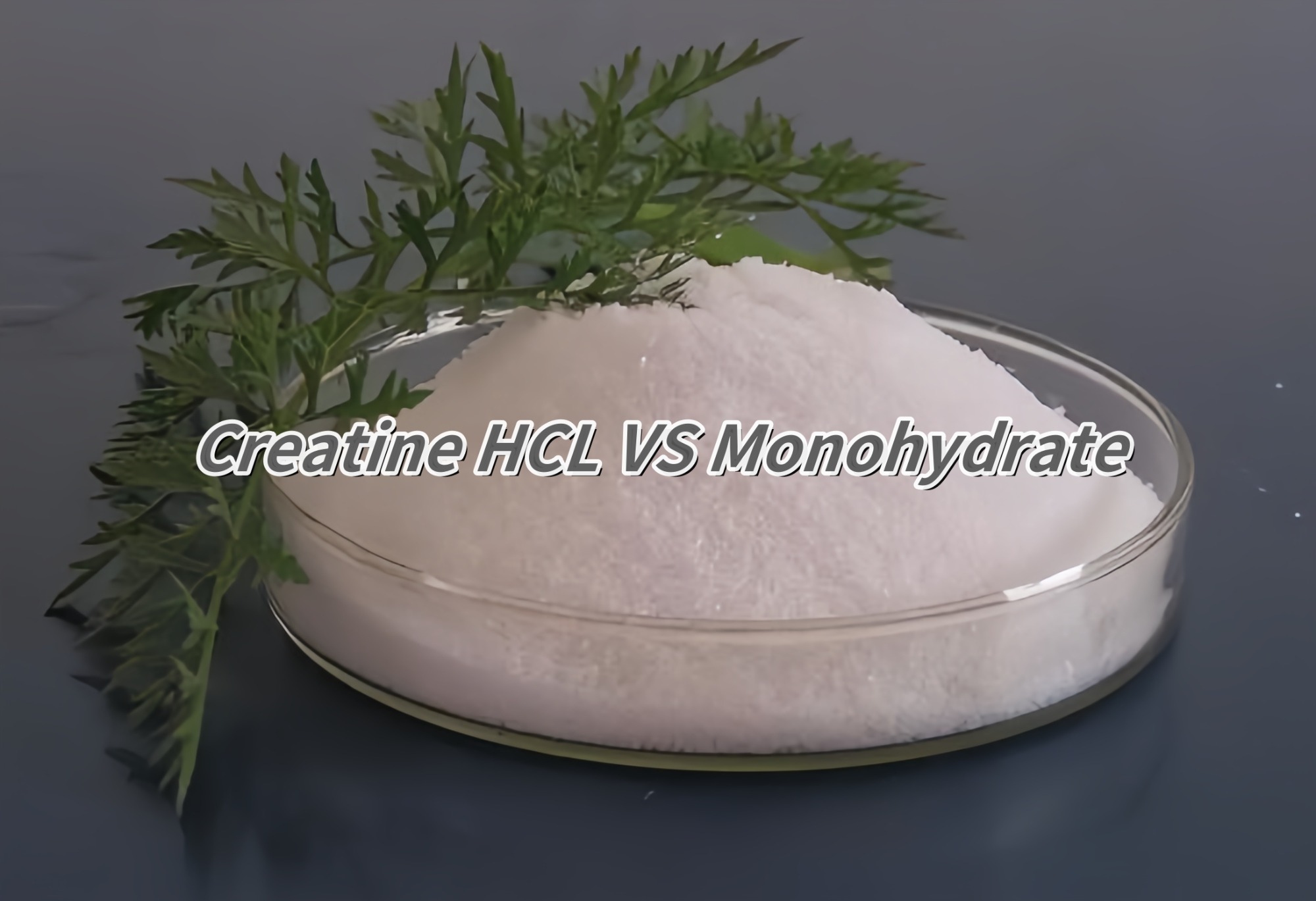In the realm of dietary supplements aimed at promoting joint health and mobility, Chondroitin Sulfate and MSM (Methylsulfonylmethane) are two widely recognized compounds with purported benefits. Despite sharing a common goal of supporting joint function, these supplements differ significantly in their composition, mechanisms of action, and potential efficacy.
1. Origins and Composition:
Chondroitin Sulfate: Chondroitin Sulfate is a naturally occurring compound found in the cartilage of animals, including cattle, pigs, and sharks. It belongs to a class of molecules known as glycosaminoglycans (GAGs), which are essential components of connective tissues, cartilage, and synovial fluid. Chondroitin Sulfate supplements are typically derived from bovine or porcine cartilage.
MSM (Methylsulfonylmethane): MSM, also known as dimethyl sulfone or methylsulfonylmethane, is an organic sulfur compound found in various plants, fruits, vegetables, and animals. It is commonly extracted from natural sources such as pine trees, fruits, and vegetables. MSM serves as a source of bioavailable sulfur, which is vital for the synthesis of collagen, connective tissues, and joint cartilage.
2. Mechanisms of Action and Potential Benefits:
Chondroitin Sulfate:
- Cartilage Support: Chondroitin Sulfate plays a crucial role in maintaining the structural integrity and elasticity of cartilage by attracting water molecules and enhancing its shock-absorbing properties. It helps slow down the degradation of cartilage and promotes its repair and regeneration.
- Anti-Inflammatory Effects: Chondroitin Sulfate exhibits mild anti-inflammatory properties, which may help reduce joint inflammation, swelling, and pain associated with conditions like osteoarthritis and rheumatoid arthritis.
MSM (Methylsulfonylmethane):
- Anti-Inflammatory Properties: MSM is believed to exert anti-inflammatory effects by inhibiting the production of pro-inflammatory cytokines and mediators. This may contribute to its efficacy in alleviating pain, swelling, and stiffness in arthritic joints.
- Sulfur Donation: MSM serves as a bioavailable source of sulfur, a critical element in the synthesis of collagen, proteoglycans, and other structural proteins essential for joint health. By providing sulfur for these processes, MSM supports joint flexibility, mobility, and resilience.
3. Recommended Dosages and Usage:
Chondroitin Sulfate:
- The recommended dosage of Chondroitin Sulfate typically ranges from 800 mg to 1,200 mg daily, divided into two or three doses. It is often taken in combination with Glucosamine Sulfate and other joint-supporting nutrients for enhanced efficacy.
- Chondroitin Sulfate supplements are available in various forms, including capsules, tablets, powders, and liquid formulations.
MSM (Methylsulfonylmethane):
- The recommended dosage of MSM ranges from 1,000 mg to 3,000 mg daily, taken with meals to maximize absorption. Higher doses may be necessary for individuals with severe joint pain or inflammation.
- MSM supplements are commonly available in capsule or powder form, often combined with other joint-supporting ingredients such as Glucosamine and Chondroitin Sulfate.
4. Safety Profile and Potential Side Effects:
Chondroitin Sulfate:
- Chondroitin Sulfate is generally well-tolerated, with few reported adverse effects. Mild gastrointestinal symptoms such as nausea, diarrhea, and stomach discomfort may occur in some individuals, particularly at higher doses.
- People with shellfish allergies should exercise caution when taking Chondroitin Sulfate supplements, as they are often derived from marine sources.
MSM (Methylsulfonylmethane):
- MSM is considered safe for most people when taken at recommended doses. However, some individuals may experience mild side effects such as gastrointestinal upset, headaches, or skin rashes.
- People with a history of kidney disease or taking blood-thinning medications should consult their healthcare provider before using MSM supplements.
In summary, both Chondroitin Sulfate and MSM offer potential benefits for joint health and mobility, albeit through different mechanisms of action. Chondroitin Sulfate primarily supports cartilage structure and function, while MSM provides bioavailable sulfur for collagen synthesis and anti-inflammatory support. Depending on individual needs and preferences, these supplements can be valuable components of a comprehensive joint health regimen, either as standalone therapies or in combination with other joint-supporting nutrients.





 Chondroitin Sulfate VS Hyaluronic Acid
Chondroitin Sulfate VS Hyaluronic Acid
 Creatine HCL VS Monohydrate
Creatine HCL VS Monohydrate